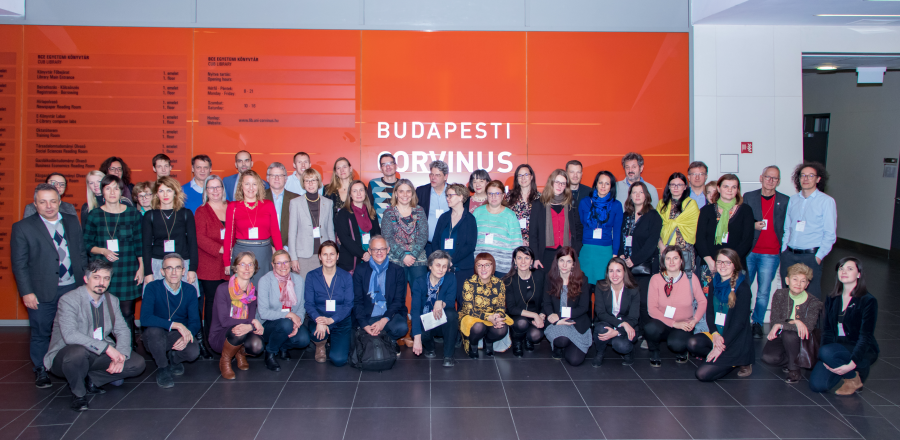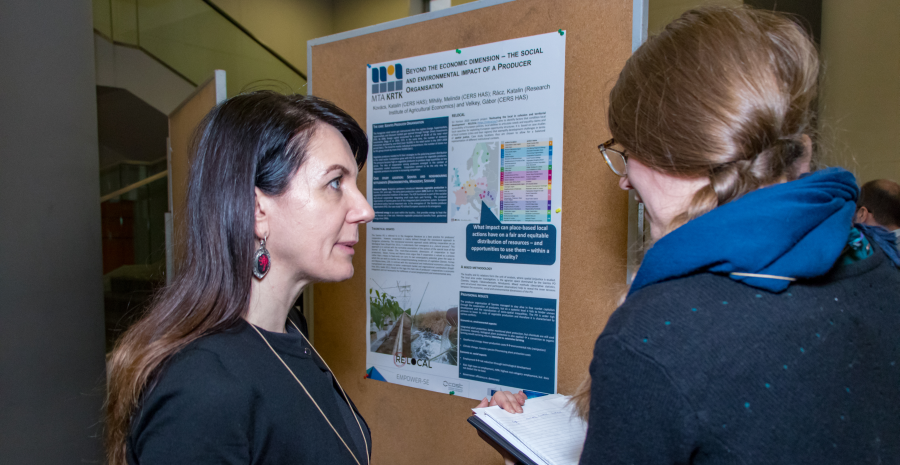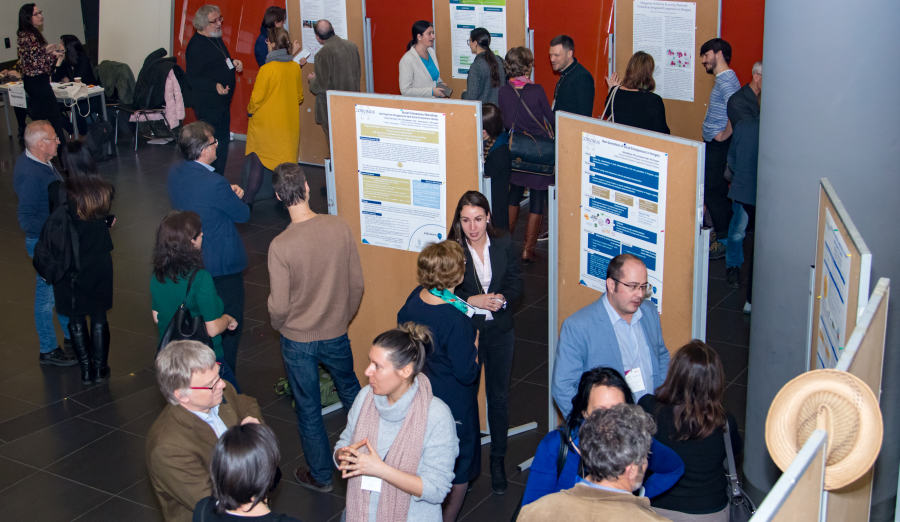RELOCAL team has published 9 papers on European Planning Studies Journal. These form one special…
Beyond the Economic Dimension – The Social and Environmental Impact of a Producer Organisation
Poster-pitching session with RELOCAL case study on Szentes in charge with CERS HAS.
The poster-pitching session was organized in the framework of the 2nd WG1 meeting of the Cost Empower-SE (“Empowering the next generation of social enterprise scholars”) project in Budapest on 16th-17th January. Find out more on the meeting here.
Bulgarian gardeners introduced intensive vegetable production in Szentes 150 years ago. The early plant production system (KZR) built on the intensive vegetable production tradition of the town. The KZR functioned as part of the socialist agricultural cooperative integrating small scale backyard farming. The producer organisation of Szentes grew out of this integrated plant production system. European agricultural policy had an important role in the emergence of the Szentes producer organisation (PO). Our case study PO utilized European sources in its emergence.
The Szentes PO is referred to in the Hungarian literature as a best practice for producers’ cooperation. However, cooperation is mainly defined through the neoclassical approach in Hungarian scholarship. The neoclassical economic approach avoids defining cooperation on an ideological basis (Kispál-Vitai 2011), it understands their emergence as a “natural process”.







